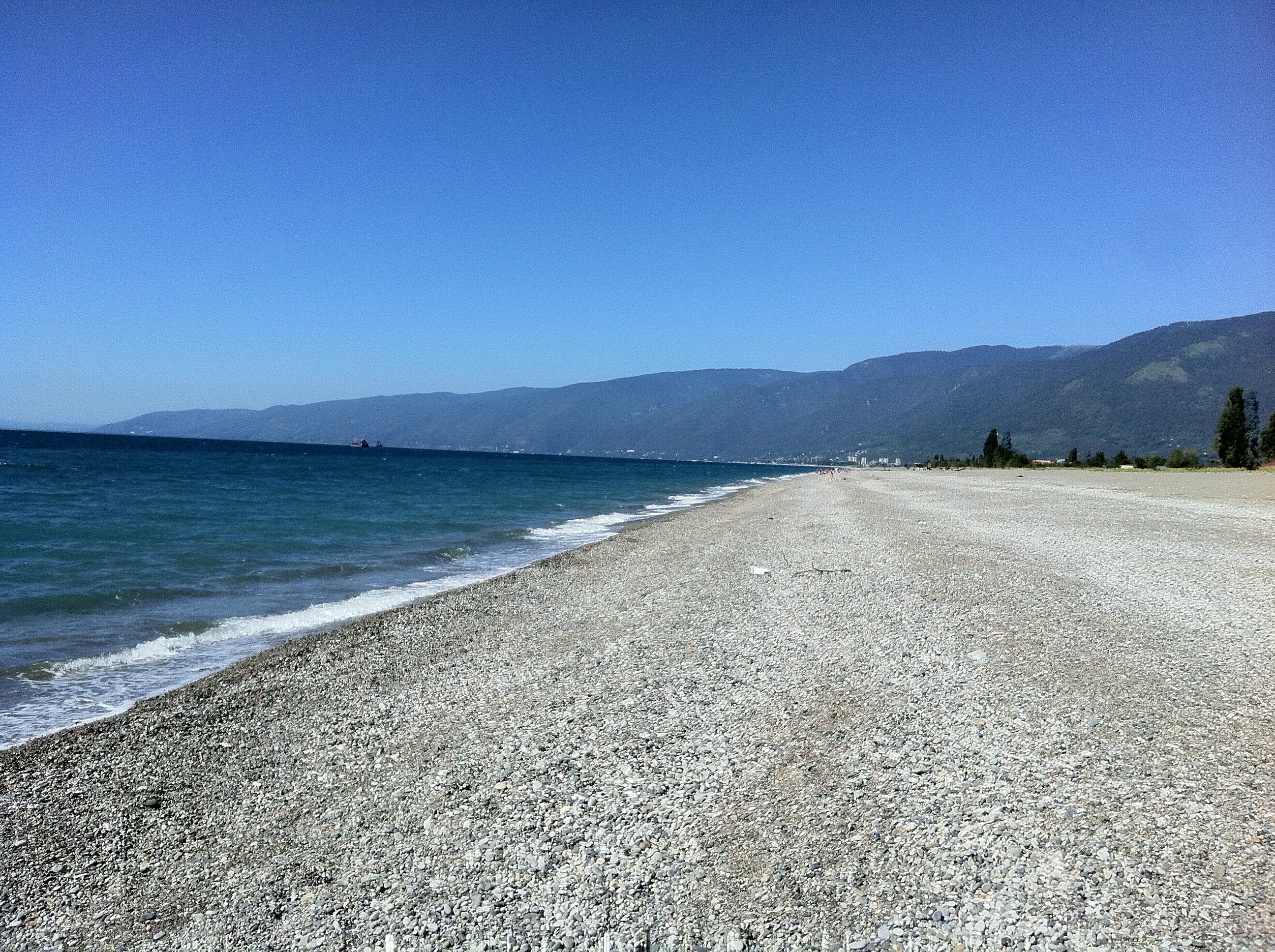Alahadze, Abkhazia

 Post a Comment
Post a Comment  Tuesday, August 30, 2011 at 5:55PM
Tuesday, August 30, 2011 at 5:55PM 
Over the last several days, I have had a number of inquiries from observers about current events in Abkhazia. Several asked about what I observed during the election and what it means for stability.
As I mentioned before, I went to several polling stations and all seemed fair and democractic. I spoke to a number of election observers over the next several days and did not hear a complaint about the electoral process. I did hear several remarks that Abkhazia is apparently further along the path of democracy than many of the nations that refuse to recognize it. This is not the only criteria in the recognition process, but it is an important indicator of what Abkhazia has achieved despite enormous difficulties. Although only a handful of nations now recognize Abkhazia, I heard recently that several are seriously considering the move.
Abkhazia is a stable place. There is no sense of unrest or political instability. Russian troops are not patrolling the streets nor are Russian officials manning the organs of government. It is a calm and peaceful nation working to develop and integrate with the rest of the world, despite all of the misinformation and propaganda spread by political leaders in the Republic of Georgia.
I hope that foreign policy experts, tourists and investors will not be dissuaded by the misinformation. If they investigate Abkhazia, they will see the same thing I see: a beautiful, underdeveloped, subtropical paradise for tourists just across the border from one of the world's largest markets. I spoke to several election observers who saw things the same way.
All three of the Presidential candidates, including President-Elect Ankvab, stressed that Abkhazia needs to seek outside investment and political ties. Although President Bagapsh died, this reality has not changed.
I was in Sukhum, Abkhazia last week and I heard rumors of nations that may recognize Abkhazia in the near future. There is nothing set in stone, but I heard this from several different sources both within Abkhazia and outside the borders. President Bagapsh was in Turkey from April 7 -10 and he stated something similar, also without naming any names.
Yesterday I read a very good post by James Jatras, a former Foreign Policy Analyst and US Foreign Service Officer. The post was entitled "The Georgian Imbroglio- And a Choice for the United States". I recommend that anyone interested in the Caucasus read his column. In it, Mr. Jatras points out that Abkhazia and South Ossetia have long struggled for independence from Georgia and that there is a better legal case for their independence than that of Kosovo (I personally support this, also), which the U.S. has already recognized. He then details Georgian President Saakashvili's order to attack South Ossetia in August, 2008 which he feels was done to distract the Georgian electorate from the economic problems, human rights abuses and corruption under his administration. Mr. Jatras notes what is widely accepted in Russia, that Saakashvili has been harboring and aiding jihadists who are active in nearby Dagestan and Chechnya. He also poses the question "what stake does the United States have in backing Saakashvili’s increasingly unpopular regime in any new adventure – especially if it derails progress the Obama Administration has made in “resetting” our relationship with Russia?"
Saakashvili has no credibility with either Russia or the Republic of Abkhazia. President Bagapsh of Abkhazia has made it clear that he and Abkhazia bear no ill will towards the Georgian people, but that they view Saakashvili responsible for the present situation and the bloodshed in South Ossetia. After President Bagapsh met with President Medvedev of Russia this week, President Medvedev said "we have always had and will always have the friendliest feelings for the Georgian people" and "Even the grave conflict that broke out in 2008 will not spoil our relations, I am convinced. The Saakashvili regime, Georgia's governing regime, is directly responsible for what happened."
The United States has pumped billions into Georgia. In return, Georgia increased its military spending at the fastest rate in the world and without provocation attacked South Ossetia. Because of Saakashvili's enmity towards Russia, Mr. Jatar believes that his government is helping jihadists travel from the Middle East to Georgia and from there they are infiltrating Russia.
Mr. Jatras mentions the US support for the Islamic rebels in Afghanistan against the Soviets 30 years ago and the US support for jihadists in the Balkans in the 1990's. He wonders if our government has learned anything and will we "repeat the same mistake in the Caucasus?"
